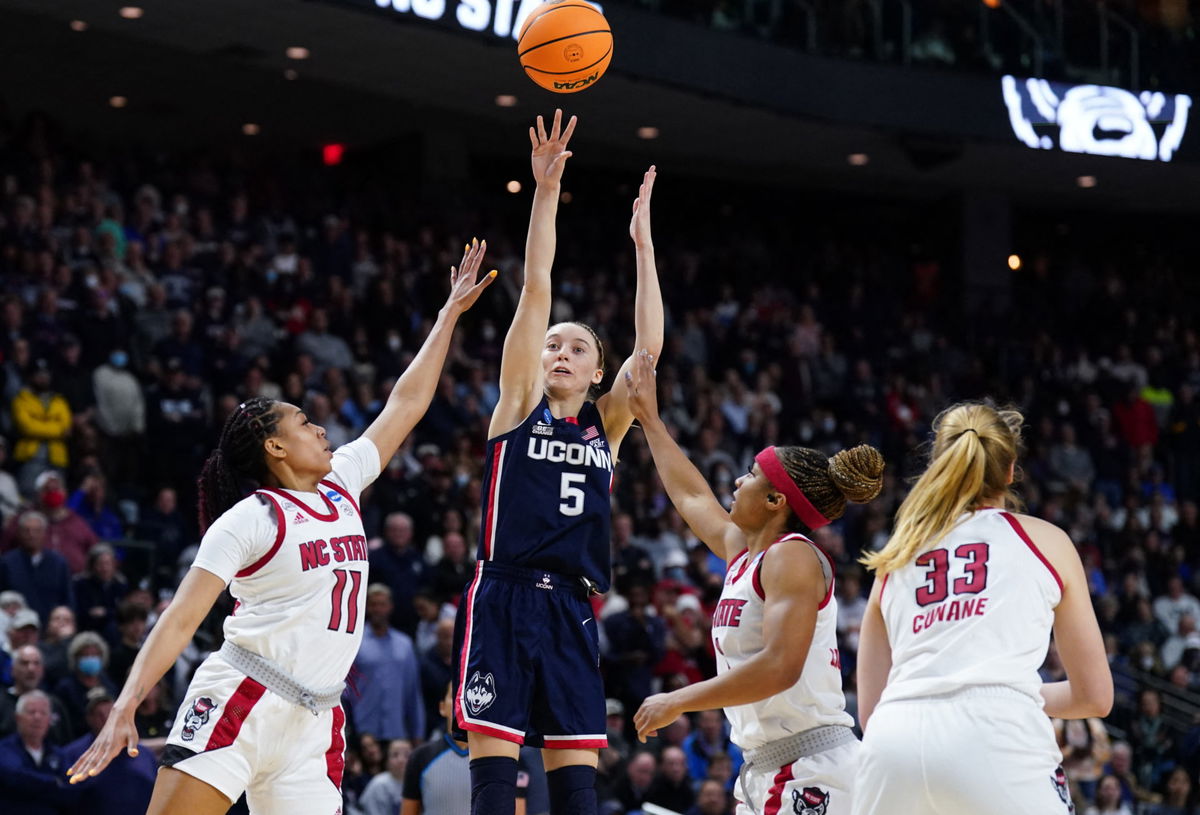
USA Today via Reuters
Mar 28, 2022; Bridgeport, CT, USA; UConn Huskies guard Paige Bueckers (5) shoots against the NC State Wolfpack during double overtime in the Bridgeport regional finals of the women’s college basketball NCAA Tournament at Webster Bank Arena. Mandatory Credit: David Butler II-USA TODAY Sports

USA Today via Reuters
Mar 28, 2022; Bridgeport, CT, USA; UConn Huskies guard Paige Bueckers (5) shoots against the NC State Wolfpack during double overtime in the Bridgeport regional finals of the women’s college basketball NCAA Tournament at Webster Bank Arena. Mandatory Credit: David Butler II-USA TODAY Sports
Betting in sports calls for immediate attention within the otherwise highly competitive sports space. Trailing along, the NCAA has implemented new guidelines pertaining to violations of legal sports betting committed by student-athletes. This comes in response to the widespread legalization and accessibility of online betting platforms in numerous states.
Watch What’s Trending Now!
These updated guidelines are applicable to all wagering-related reports made on or after May 2.
ADVERTISEMENT
Modernizing Penalties for Evolving landscape
The NCAA’s previous regulations imposed a uniform punishment, rendering student-athletes ineligible for one full season if found to have engaged in sports wagering at any level. However, with the expansion of sanctioned wagering beyond Nevada following the U.S. Supreme Court’s 2018 decision, the governing body of college athletics in the U.S. recognized the need for revised guidelines.
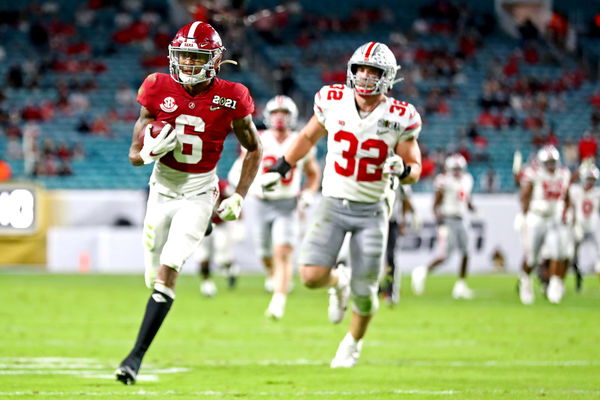
USA Today via Reuters
Jan 11, 2021; Miami Gardens, Florida, USA; Alabama Crimson Tide wide receiver DeVonta Smith (6) scores a touchdown during the second quarter against Ohio State Buckeyes safety Marcus Hooker (23) in the 2021 College Football Playoff National Championship Game. Mandatory Credit: Mark J. Rebilas-USA TODAY Sports| Reuters
“These new guidelines modernize penalties for college athletes at a time when sports wagering has been legalized in dozens of states and is easily accessible nationwide with online betting platforms”, said Jacksonville athletics director and chair of DI Legislative Committee, Alex Ricker-Gilbert.
ADVERTISEMENT
The updated guidelines aim to strike a balance between preserving the integrity of college sports and considering mitigating factors that student-athletes who may have made mistakes in the realm. The new approach takes into account the specific nature of wager-related violation, tailoring punishments accordingly.
Top Stories
Cowboys Fire Defensive Coordinator Matt Eberflus: Contract, Salary, NFL Earnings & More

Russell Wilson Announces Retirement Stance as Giants QB Shares Hidden Injury News
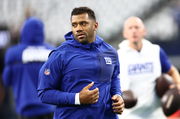
Huge Fire Destroys Over 125-Year-Old Golf Club Designed by 5x Open Winner in London – Report

Marina Mabrey Is Raising Eyebrows Again With Fiery Unrivaled Confrontation
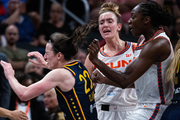
Dolphins Reportedly Indecisive About Mike McDaniel as GM Search Kicks Off

Joe Flacco Makes Retirement Decision Clear as Bengals QB’s Final Gesture for Ja’Marr Chase Draws Attention
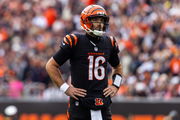
ADVERTISEMENT
Revised Guidelines for Specific Violations
Under the NCAA’s new guidelines, student-athletes who influence game outcomes or provide information to individuals involved in sports betting could face permanent loss of eligibility, regardless of the sport. This includes placing bets on their own teams, or any sports within their institution.
For student-athletes who wager on their own sport at a different institution, reinstatement will be contingent on completing education programs. These programs will be focused on the NCAA’s wagering rules and prevention policies. They’ve also bought in a rule which states that these athletes could lose 50% of their eligibility for one collegiate season.
ADVERTISEMENT
The guidelines also consider the cumulative dollar amount of the wagers made. Wagers totaling $200 or less would require completion of education programs, while bets from $201-500 would result in a 10% loss of eligibility.
Above that, till $800 would be a 20% penalty, and any wagers beyond this limit would be a 30% loss of eligibility.
The NCAA’s decision to revise its sports betting penalties acknowledges the evolving landscape of wagering and aims to address violations while considering individual circumstances of student-athletes involved. These changes come amidst recent controversies surrounding gambling with both collegiate and professional sports, prompting a need for updated guidelines within various leagues.
ADVERTISEMENT
Watch This Story – Tom Brady’s Niece Maya Drops a Bombshell by Sharing a Romantic Picture and Confessing Her Love for a College Football Player. `
ADVERTISEMENT
ADVERTISEMENT
ADVERTISEMENT

